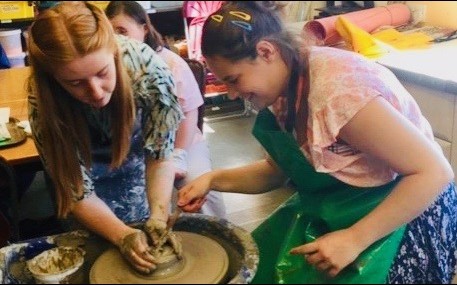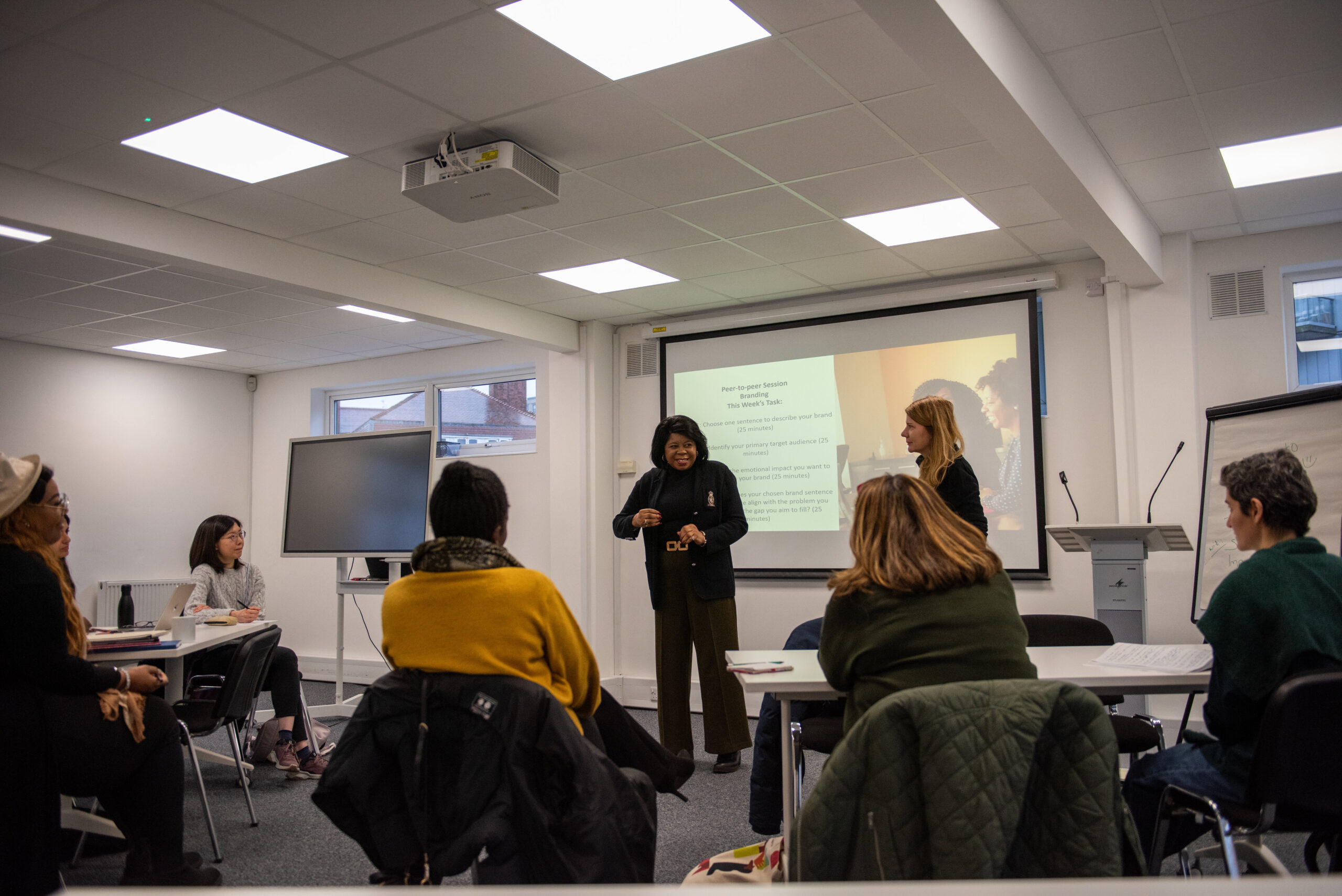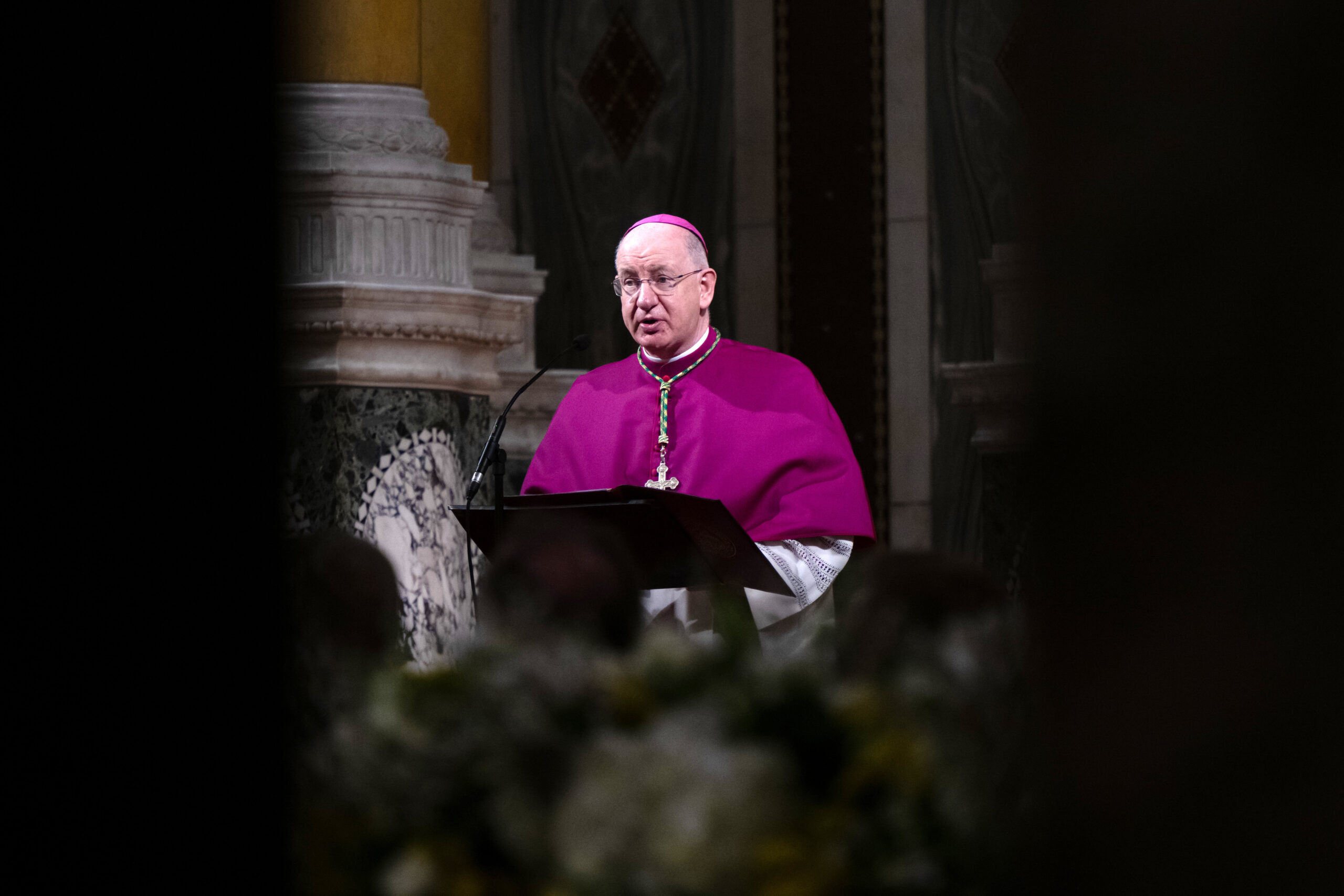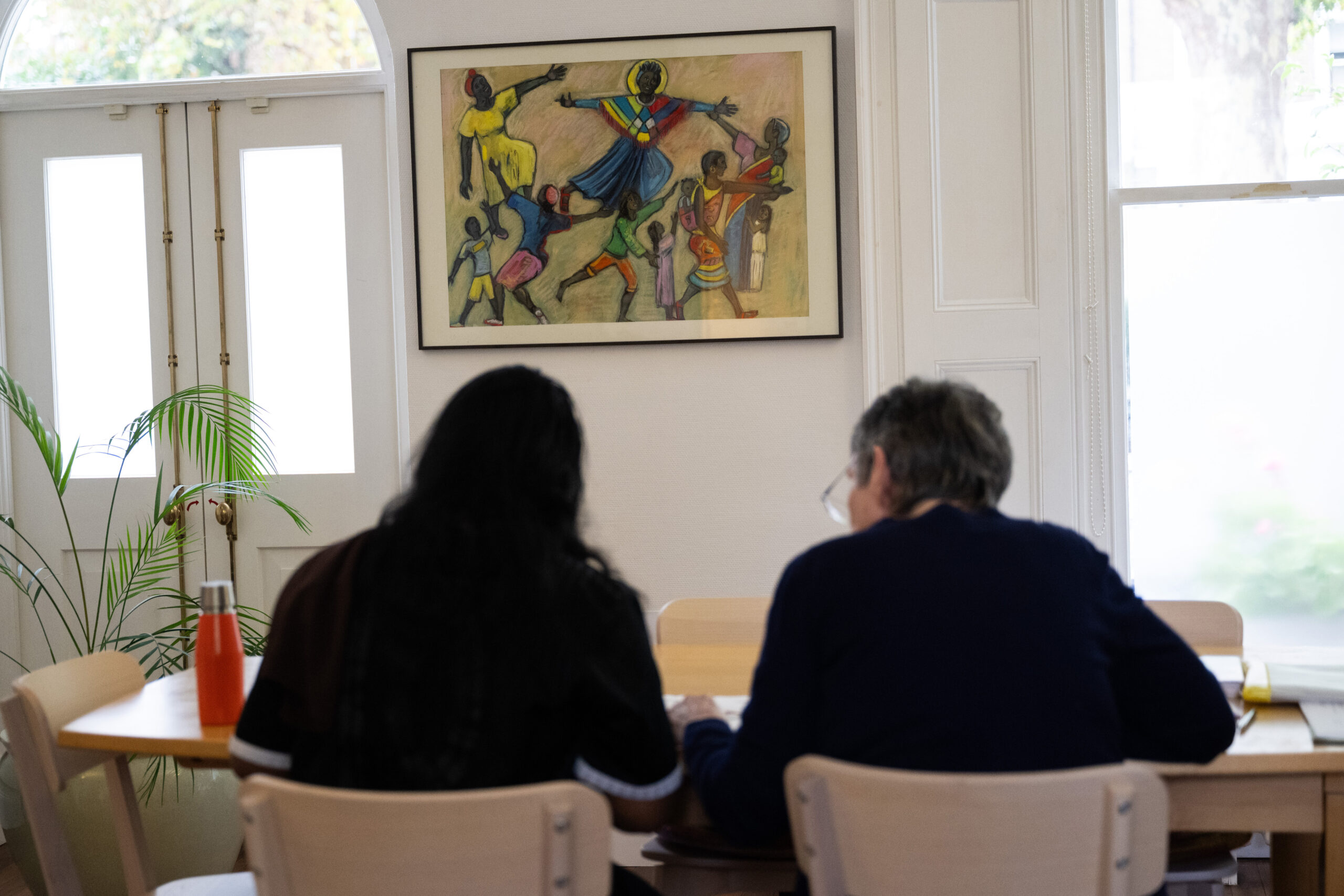At the end of June, the Vatican formalised its decision to include sacramental provision for people with intellectual disabilities, in the recently revised Directory of Catechesis. This outlines that people with disabilities should no longer be refused the sacraments and instead become truly integrated within their parish communities. At Caritas St Joseph’s (formerly St Joseph’s Pastoral centre), we have always recognised the gifts and talents of those with intellectual disabilities and known the valuable place they hold, not only within their church and parish communities, but within society as a whole. In light of this important step towards inclusivity, below is a reflection provided by Gail Williams, Caritas St. Joseph’s Centre Manager.

‘People with disabilities are called to the fullness of sacramental life, even in the presence of serious disturbances.’* This new guideline, which features as part of the wider updates to the Directory of Catechesis, has been at the heart of St Joseph’s for over four decades In 1977, the Diocese of Westminster made St Joseph’s their agency serve those with intellectual and physical disabilities. The main focus of our work then was with the families and the children that wanted to experience the sacraments; it then became apparent that this was going to be the start of a journey, of true friendship and community.
As Christians, we are taught that every human being has the right to work, family and relationships. When you accompany someone on their faith journey, you become to know them and as they grow in love and faith for God, so do you. It is not just a catechesis lesson; it is a participation with community and friends. Our method of teaching, known as symbolic catechesis, is like a flower growing and blossoming.
After all, faith is not just to be taught but to be lived to the fullest and shared with everyone. This is my experience as I have accompanied many people on their faith journey. Symbolic catechesis explores all of our senses within its structure. The symbol means something different to everyone, though it does not change its form. The concrete symbol speaks directly to the heart and leads the path to grace and knowledge of faith in God.
The Directory of Catechesis now outlines that ‘people with intellectual disabilities live the relationship with God in the immediacy of their situation and it is necessary and dignified to accompany them in the life of faith.’ There are no barriers when you journey on the path of faith with someone with intellectual disabilities; they love God and know that God loves them. They rejoice in it and find strength and light. They completely immerse themselves within this light and this shines through as they come to a full understanding of the joy of knowing God.
The volunteers that help us to do this great work in parishes have passionately supported not only the people they have accompanied on this journey, but also their families. The new guidelines call for parishes to ensure that they instil ‘a culture of inclusion.’ At St Joseph’s, we have always tried to create an atmosphere of inclusion, and not just for sacramental preparation. This has been done in several ways – through clubs in parishes for those with intellectual disabilities, by holding inclusive masses and for advocating for them within not only parish ministry but with other secular organisations, such as Social Services. These clubs foster a true sense of community, providing those who attend with a safe place, where they can grow and develop as a member of a parish. They are supported to read and to serve. They are supported to help with parish mission in all its forms and to take their rightful place within their communities. Their families are given hope and joy for the future.

This great work showed us that actually as adults, there is often very little to look forward to when you have an intellectual disability. From this, we expanded our services not only advocating and caring for those in our Catholic parishes but for all faiths through our work at Hendon in the form of a lifelong learning centre.
Matisse famously said that ‘creativity takes courage.’ We strive to enlarge the world of those not only in the parishes but those who choose to come here through creative and meaningful lifelong learning courses. The Directory of Catechesis now states that ‘the community that knows how to discover the beauty and joy of the faith of which these brothers are capable becomes richer.’ We have grown in so many different ways through new courses and by adding to our student family, adding a richness to our community by celebrating their achievements through shows and events, masses and concerts, making dreams come true for so many.
The updated Directory of Catechesis states that ‘the sacraments are gifts of God… no one can deny the sacraments to people with disabilities.’ The gifts and talents that lie within our centre and our parishes would never have been explored if not for the courage of the students, volunteers and staff alike. Our students and families continue to be an inspiration to all who enter here, and it is a joy, an honour and a privilege to be a part of the St Joseph’s community.
*Quotes from the updated Directory of Catechesis, as found here.




